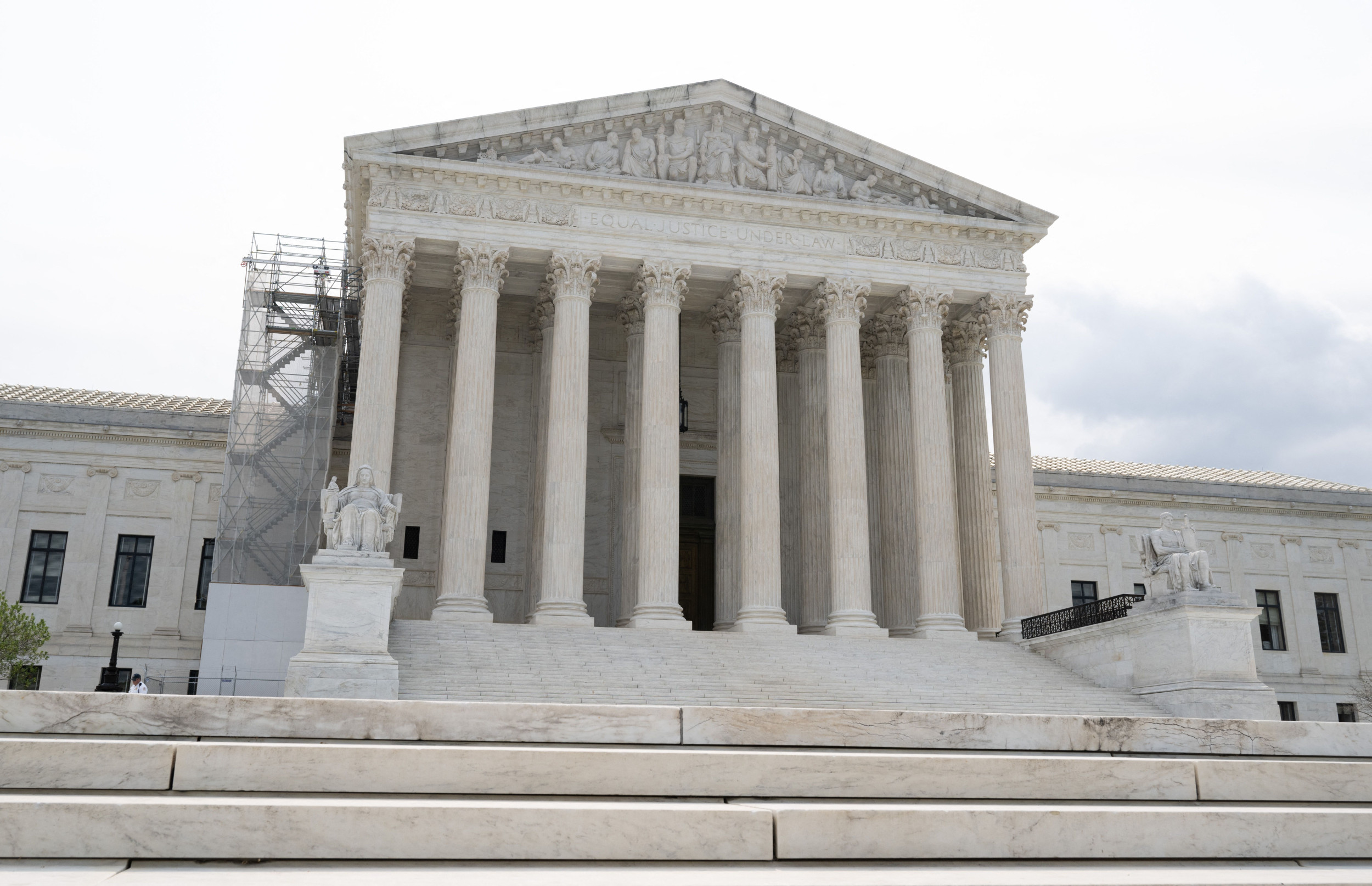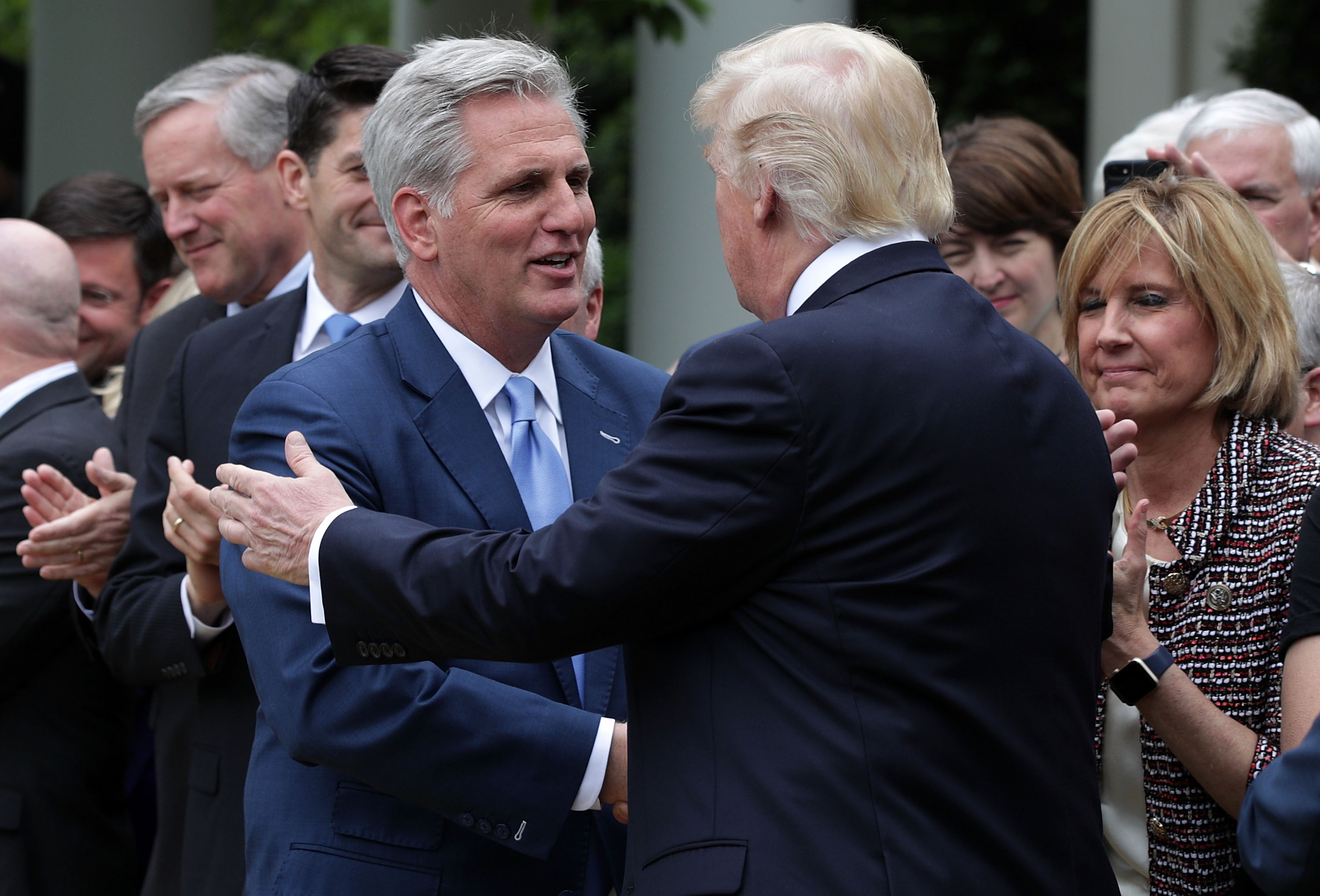Following this weekend's brief mutiny in Russia by the Wagner Group, Ukrainian leaders could find their military forces stand to gain from Moscow's chaos.
On Friday, Wagner leader Yevgeny Prigozhin claimed Russia's military had killed about 30 of his troops in a missile strike, and he ordered his men to march on Moscow. The rebellion ended the following day after peace was brokered by Belarusian President Alexander Lukashenko.
However, despite the quick resolution, the incident sparked international headlines with Kremlin critics saying Wagner had exposed critical weaknesses in Russian President Vladimir Putin's leadership.
Since the Moscow rebellion, Ukrainian President Volodymyr Zelensky has hailed new battlefield successes in his counteroffensive against Putin's troops. On Monday, he announced his forces had advanced in "all areas" where they were engaged in operations.

Also, the United Kingdom's Ministry of Defense on Tuesday said Ukraine had likely retaken land near the village of Krasnohorivka, which would mark one of the first instances that Ukraine recaptured land Russia has occupied since 2014.
Some analysts say Ukraine could continue to take advantage of Putin's bad situation.
Guy McCardle, managing editor of Special Operations Forces Report (SOFREP), told Newsweek that Ukraine has already "made measurable gains most likely due to the increasingly extreme disorganization in the Russian troops."
"The uprising gives Ukraine a big strategic and psychological boost. It's like being a boxer and having your opponent struggling on the ropes: Time to go in for the knockout," McCardle said.
"This has to be extremely demoralizing for Russian troops as they see their leader made a fool of on the world stage," he added. "Worse yet, Putin talked tough, but Lukashenko had to come in and fix the problem."
David Silbey, an associate professor of history at Cornell and director of teaching and learning at Cornell in Washington, agreed. He told Newsweek that the "abortive coup could have an effect on Russian troop morale, more in the vein of the chaos and incompetence it seems to reveal."
Silbey noted that Russian commanders "will do everything" they can to keep their troops from hearing about Prigozhin's rebellion, as well as spin the incident "as treason that was swiftly dealt with."
"If Russian troop morale sinks, they're likely to be less effective at defending the territory they have taken—why die for a country in this kind of disorder?" Silbey said. "But don't overstate that; they're also defending their lives, and that has a way of concentrating the mind when an attack starts. Retreating is not a safe activity."
"The disarray caused in Russia by the Prigozhin affair could afford Ukraine an opportunity to make push back Russian forces," Mark N. Katz, a professor at George Mason University's Schar School of Policy and Government, told Newsweek. "Indeed, this has apparently taken place to a limited extent. The moment might not last for long, though, as both Putin and the Russian military leadership will refocus on the war in Ukraine war as soon as they can."
Katz continued, "It is possible that Russian conscripts might want to stop fighting—as they saw Wagner forces do. We don't seem to be near a general collapse yet, but this is something that Moscow does have to be concerned about."
Silbey noted that Zelensky's forces could benefit from not having Wagner be as much of a dominant presence on the battlefields.
"The dissolution of Wagner does give the Ukrainians a bit of an advantage, though it depends on what happens to the Wagner troops," he said. "If they get incorporated into the Russian Army, then the effect is probably minimal. If they don't, then it's much more significant."
Along with how Wagner's mutiny may affect the situation on the battlefield, the incident could benefit Ukraine in other, more substantial ways.
"I think the rebellion is a sign that Russia's elite is starting to waver," Silbey said. "Prigozhin wouldn't have risked it if he felt that the attempt was going to be greeted with universal condemnation and resistance.
"The fact that he survived it and negotiated an escape hatch for himself and his men is highly significant, however, as it highlights Putin's weakness. Putin wouldn't have allowed that if he had a choice."








